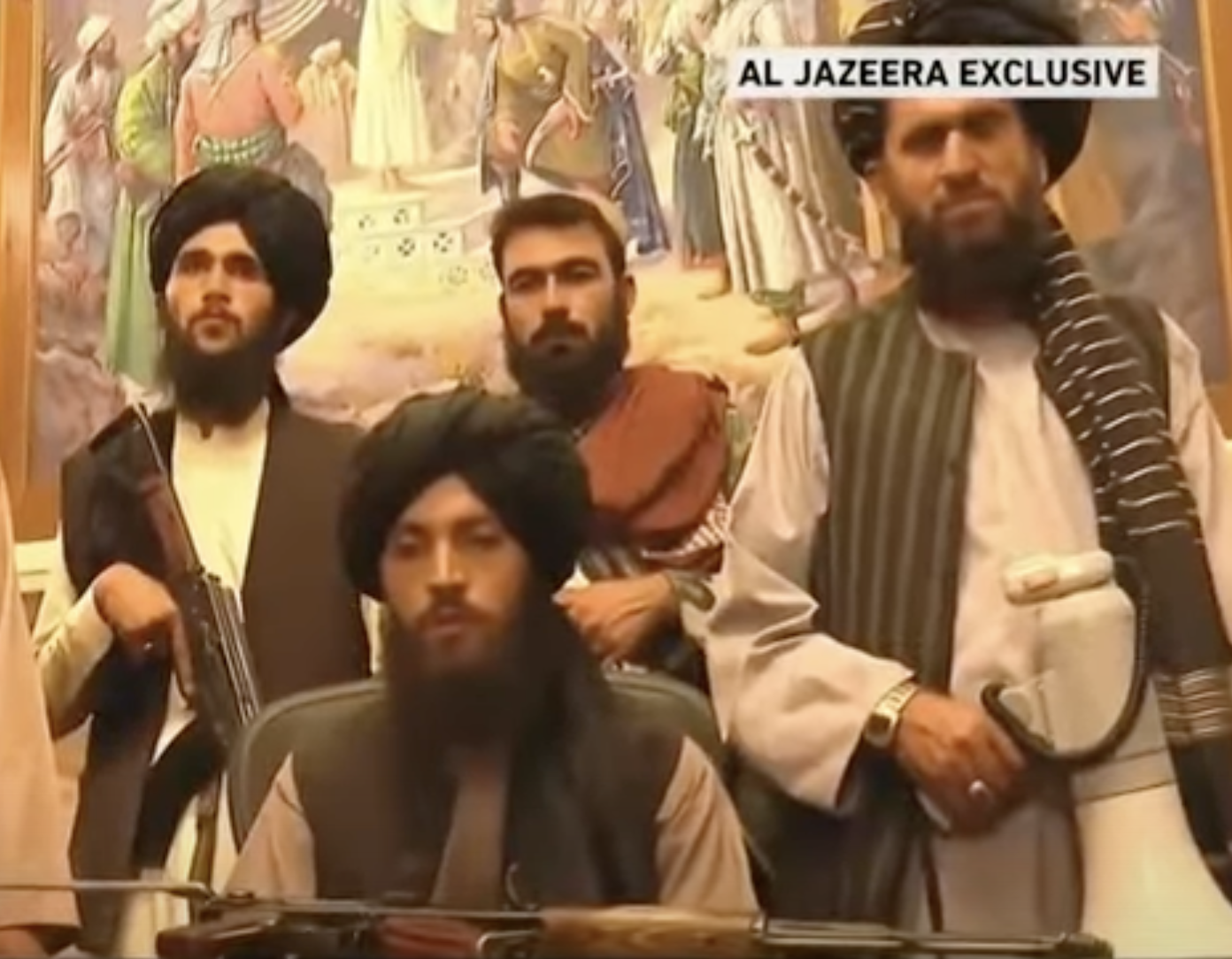This much is clear: Kano State authorities in northern Nigeria accused the Sufi Muslim singer Yahaya Sharif-Aminu of circulating social-media messages containing lyrics they said attacked the Prophet Muhammad.
What did the song say? It's impossible to find direct quotations, although his accusers say he sang praises for his Sufi faith and, thus, spread false teachings about Islam.
Did Sharif-Aminu actually send those WhatsApp messages? Again, it's hard to separate facts from rumors backed by mob attacks.
But this much is clear: Sharif-Aminu was found guilty of blasphemy in 2020 by a regional sharia court and sentenced to death by hanging. He remains imprisoned, while human-rights activists around the world -- including the European Union parliament -- keep urging his release and the end of blasphemy laws.
"You're not sure, in many of these cases, what the person is actually accused of doing or saying because key people are afraid to discuss the details," said scholar Paul Marshall, who teaches at Baylor University in Waco, Texas, and lectures around the world. He is the coauthor of "Silenced: How Apostasy and Blasphemy Codes Are Choking Freedom Worldwide," with Nina Shea of the Center for Religious Freedom at the Hudson Institute in Washington, D.C.
The result is a deadly puzzle. Anyone who shares facts about blasphemy accusations may then be accused of spreading blasphemy. Depending on the time and location, any public opposition to blasphemy laws may be considered an act of blasphemy.










